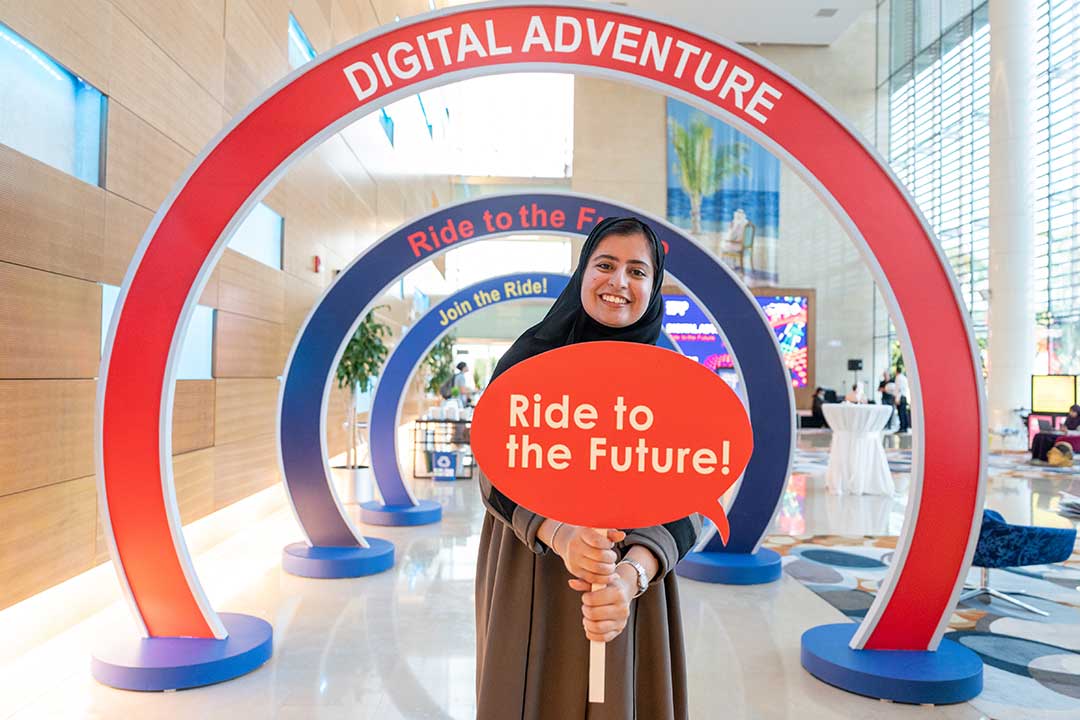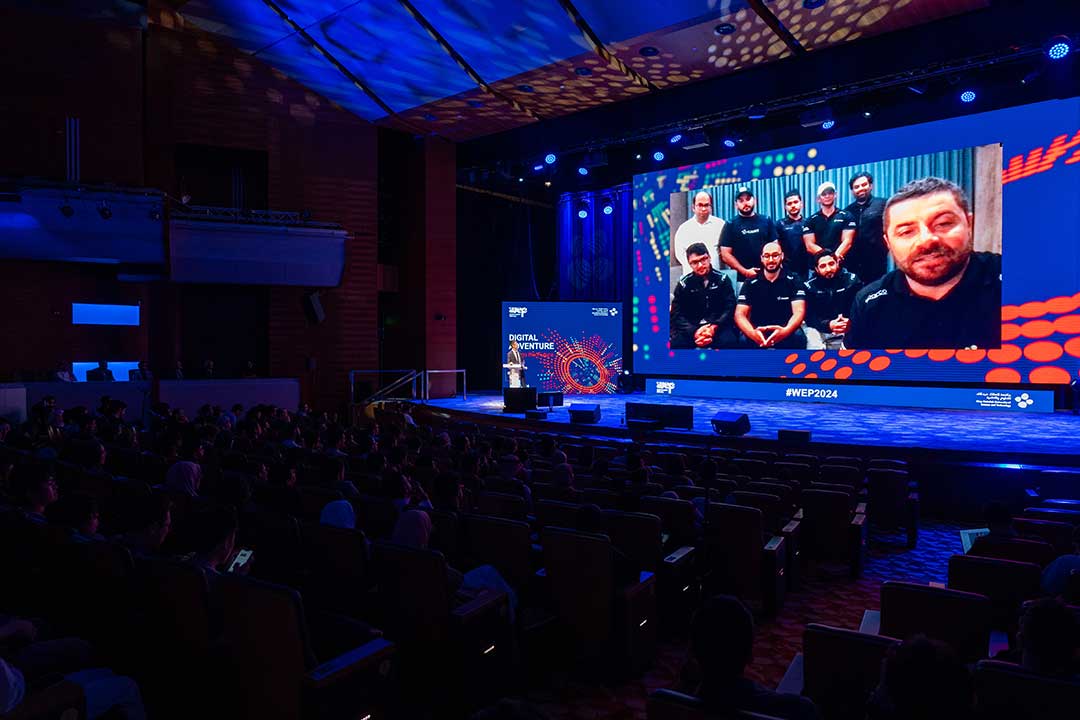WEP 2024 showcases the digital future coming

This year's program, under the theme "Digital Adventure – ride to the future," provided students with opportunities to learn about machine learning (ML) and artificial intelligence (AI) software and showcase their skills through hackathons and other activities, as well as daily lectures by thought leaders who spoke about the dramatic changes coming to our lives and livelihood from this revolutionary technology.
Together, the invited speakers offered a comprehensive overview of ML and AI, including the rise of quantum computing, the development of autonomous robotics, and the impact on sustainable economies. Some spoke about the cultural changes that the new digital era will bring.
The Chairman of the Saudi Cricket Federation, HRH Prince Saud bin Meshal Al-Saud, highlighted how Saudi Arabia is investing in the sport, through academies, coaching, competitions and infrastructure, to raise the Kingdom's global presence.
Massachusetts Institute of Technology (MIT) Professor and Director of the MIT SENSEable City Lab Carlos Ratti, one of the nine keynote speakers, explained how the design of smart cities will benefit from the study of mobility. Collecting years of real-time cell phone data, beginning in 2006 during the World Cup final between France and his home nation, Italy, he and his colleagues found the universal visitation law of human mobility, which demonstrates that our brains are not programmed to find the shortest path between two destinations but instead rely on another strategy.
Another keynote speaker, Rick Fox, gave his second WEP talk, having also spoken last year. Fox has had success in many disparate industries, having played several years in the NBA and appeared in numerous television shows. However, the obvious effects of climate change on his home nation, the Bahamas, pulled him into his newest endeavor – Partanna, a company he co-founded with award-winning architect Sam Marshall that is revolutionizing concrete production. In addition, KAUST Ibn Sina Distinguished Professor Carlos Duarte is one of the company’s senior advisors.

Matteo Parsani speaking by video at WEP during his ride across Saudi Arabia..
Fox noted that while development cannot be avoided, it can be adapted. The challenge, he said, is to delink development from pollution.
Eric Li, chairman of Chenwai Capital, gave a Distinguished Lecture that highlighted the importance of technological innovation for economic growth, citing his own experience in China and his many successful venture capital investments.
Some of the talks were moving and inspirational. KAUST Associate Professor Matteo Parsini spoke live during his cycling journey across Saudi Arabia, which began in Damman on December 17 and ended on the KAUST campus on January 17, WEP's penultimate day. He spoke about the physical and mental tenacity it took for him to make this accomplishment and attributed the importance of having a team that supported him the whole way.
The legendary cricketer Shoaib Akhtar also traveled to KAUST, where he shared a similar story at WEP about mental resilience and dedicated teammates.
ML and AI are representative of how KAUST is further aligning with Saudi Arabia's priorities and affirming the University as a leader in the scientific and technological transformation of the Kingdom.
"We are right on the threshold of a new era that is the most transformative in human history. AI spans every single discipline – health, energy, environment, food, oceans; you name it," said Xin Gao, Professor of Computer Science, Interim Director of the Computational Bioscience Research Center and WEP 2024's chair, about this year's theme.

